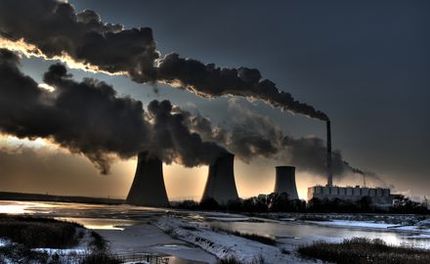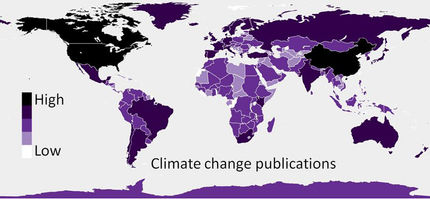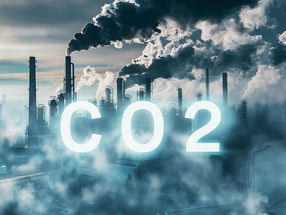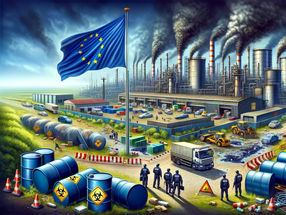Davos 2008 on "collaborative innovation" and global challenges: the contribution of ISO
Advertisement
Against the background of global financial tensions, the participants in the annual meeting of the World Economic Forum (WEF) held on 23-27 January in Davos, Switzerland, selected "the lack of coordinated response and leadership" as the highest concern in the face of current and future global economic, environmental and social issues.
Much of the subsequent debates focused on how "collaborative innovation" could provide responses to the three major global challenges: climate change, water supply and security, and nutrition. These issues are increasingly correlated and require a combination of science and technology; economic, regulatory and fiscal measures; better practices; communication, and public-private partnerships.
ISO is an institutional member of the WEF. Its Secretary-General, Alan Bryden, took part in various sessions and workshops during the meeting. He first outlined how voluntary international standards of the type produced by ISO, based on a broad and double level of consensus - amongst stakeholders and across countries - can pave the way for the dissemination of technology through the creation of world markets and through good management and organizational practices.
In relation to climate change, there was a general agreement in Davos that carbon and other greenhouse gas (GHG) emission credits trading systems are an appropriate answer to encourage investment and action for the reduction of such emissions. A condition, however, is that such new markets should be based on appropriate and internationally recognized metrics and verification mechanisms at the various levels.
This includes the setting of national, sector and company objectives for the reduction of emissions through "cap and trade" programmes, "carbon footprint" evaluations and "carbon neutrality" targets, with corresponding internationally agreed requirements for the verification of claims and achievements in emission reduction.
The need for greater coherence and convergence of standards in this area was particularly emphasized by the participants. Mr. Bryden underlined ISO's publication of the ISO 14064 and ISO 14065 standards on the verification and accounting of GHG emissions and the collaboration between ISO and some major private sector initiatives in this area.
He pointed to the expansion of the work of ISO technical committee ISO/TC 207, Environmental management, to other climate change related issues, including carbon footprint assessment and claims. He added that ISO has decided to accelerate the production of standards related to energy efficiency and renewable energy sources.
In relation to water supply and security, to which a plenary session and five side sessions were dedicated, it was stressed at the meeting that the combined effects of climate change, demographics and the current wasteful use of water supplies result in making the water issue as important a challenge for the planet as climate change itself and the source of increasing political tensions.
Related to this issue, ISO has recently published a suite of new standards that offer the international community practical tools to address the global challenge of effectively managing limited water resources in order to provide access to safe drinking water and sanitation for the world's population.
ISO 24510, ISO 24511 and ISO 24512 are designed to help water authorities and their operators to achieve a level of quality that best meets the expectations of users and the principles of sustainable development.
An upcoming development is an ISO International Workshop Agreement (IWA) on guidelines for the management of drinking water utilities under emergency or crisis conditions.






























































